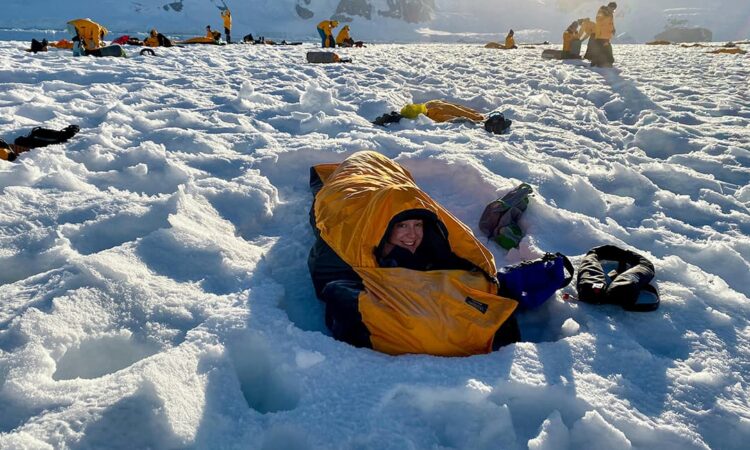Polar explorers told us that Antarctica is the largest untamed wilderness area by man.
This is due first to the complexity of climatic conditions (the icy continent was discovered in 1820), and then to the political agreement not to capture and then not to use the territory.
In particular, the period between the beginning of the development of Antarctica (the continent, the surrounding islands and the Southern Ocean) and the establishment of clear ecological standards, humans have done enormous damage to the region.
We are primarily talking about the brutal extermination of animals such as whales, seals and penguins. Some populations suffered such losses that they have not fully recovered to this day.
Although restrictions on hunting of certain species began in the 1970s and strict prohibitions on interference in Antarctic wildlife were introduced in 1991 in accordance with the Madrid Protocol.
What restrictions are in force
Specialists noted that there are strict restrictions in Antarctica, which must be observed by everyone – both polar explorers working here and tourists.
Tourism is allowed in Antarctica. However, military activities, nuclear explosions and seizure of radioactive materials are prohibited there.
It is important that man should interfere and influence the local nature as little as possible.
Polar explorers say that vehicles should not disturb wildlife at sea or on land.
It is also forbidden to feed, touch or hold birds (particularly penguins) or seals. In addition, it is forbidden to approach the animals and take photographs if this would affect their behavior.
In addition, it is prohibited to bring non-native flora and fauna to the continent, namely plant spores and seeds.
It is strictly forbidden to use firearms, explosives or allow other loud noises that may frighten the animals.
The following activities are allowed on the continent:
- animal and plant products may be brought in for food, but they must be kept under strict control and properly disposed of;
- If authorized, indoor plants can be brought in, as well as laboratory plants, animals and microorganisms;
- animal and plant specimens may be collected and exported only for scientific purposes and with a permit.
The rules established in Antarctica are a model of respect for nature. We should appreciate our planet and respect all its inhabitants. Our future depends on this.
